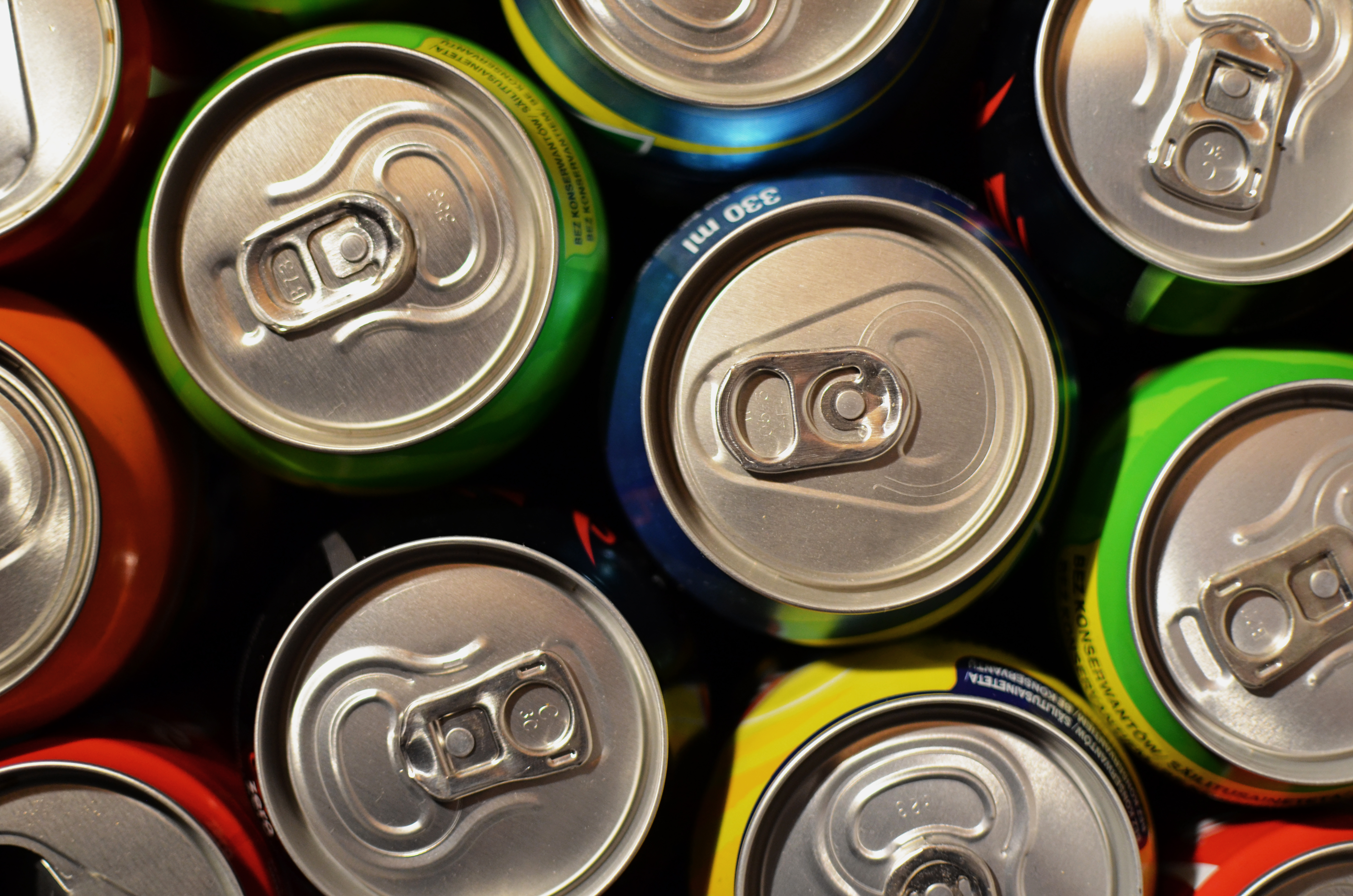George Osborne’s 2016 Budget is unlikely to go down as one of his finest. Deficit reduction target misses were confirmed and proposals to alter the qualifying assessment for Personal Independence Payments (PIPs) have attracted criticism for their potential impact on the disabled. But the headlines in the following hours centred on the surprise package of the day: a so-called ‘sugar tax’ will be levied on sugar-sweetened soft drinks from 2017.
This is a mistake. The evidence suggests such a tax may prove to be regressive, ineffective, and even counterproductive.
At the core of the problem is price inelasticity. In short, this means that every 1% increase in the price of a sugary drink leads to a less than 1% decrease in the consumption. Indeed, as Christopher Snowden notes, a 14.8% increase in the price of confectionary in Finland coincided with a mere 2.6% decrease in consumption. Similarly, a 7.3% increase in the price of soft drinks coincided with consumption decreases of less than 1% in the first year. And these tax hikes took place in the early 2010s when a stuttering European economy may have precipitated sharper declines in consumption. It’s therefore impossible to assign causation with taxes.
What’s more, price inelasticity is likely to be greater among obese people, the very problem these taxes set out to address. The cost burden on consumers is exacerbated, too, by the evidence that associated price rises tend to be higher than the given rate of tax.
Whilst price inelasticity is an issue, there is also a question of where the reduced consumption goes. Given an innate need for energy-dense foods, consumers will probably increase their demand for cheaper calories, leaving obesity unchanged. A tax on sugar-sweetened drinks, for example, may simply lead to slightly less consumption, substituted by consumption of fruit juices and alcoholic beverages. Evidence from Dharmasena and Capps reaffirms this point.
So that’s the economics, but will it actually help bring down obesity, as is purported by its proponents? Well, there is an inconvenient truth out that many choose to ignore: while obesity has increased over the last few decades, sugar consumption per capita has decreased. Furthermore, sugary drinks provide a very small fraction of the population’s energy intake (3% in Britain, according to Christopher Snowden).
The theory and ‘sugar taxes’ rhetoric doesn’t ring true in the statistical evidence. Only until recently the Government seemed to recognise this, too. Indeed, in May 2015 Downing Street had ruled out a ‘sugar tax’ suggested by George Freeman. A spokesperson for Number 10 argued that they “don’t believe the right approach is to put sugar taxes on hard-working people to increase the weight and cost of their shopping baskets.” Now they embrace the idea.
The unfortunate truth is that such taxes do more harm than good. They penalise the poorest in our societies with higher food costs and there is little evidence to support the idea that these taxes help alleviate obesity crises. The ‘sugar tax’ is a sickly-sweet defeat for common sense and public choice.
